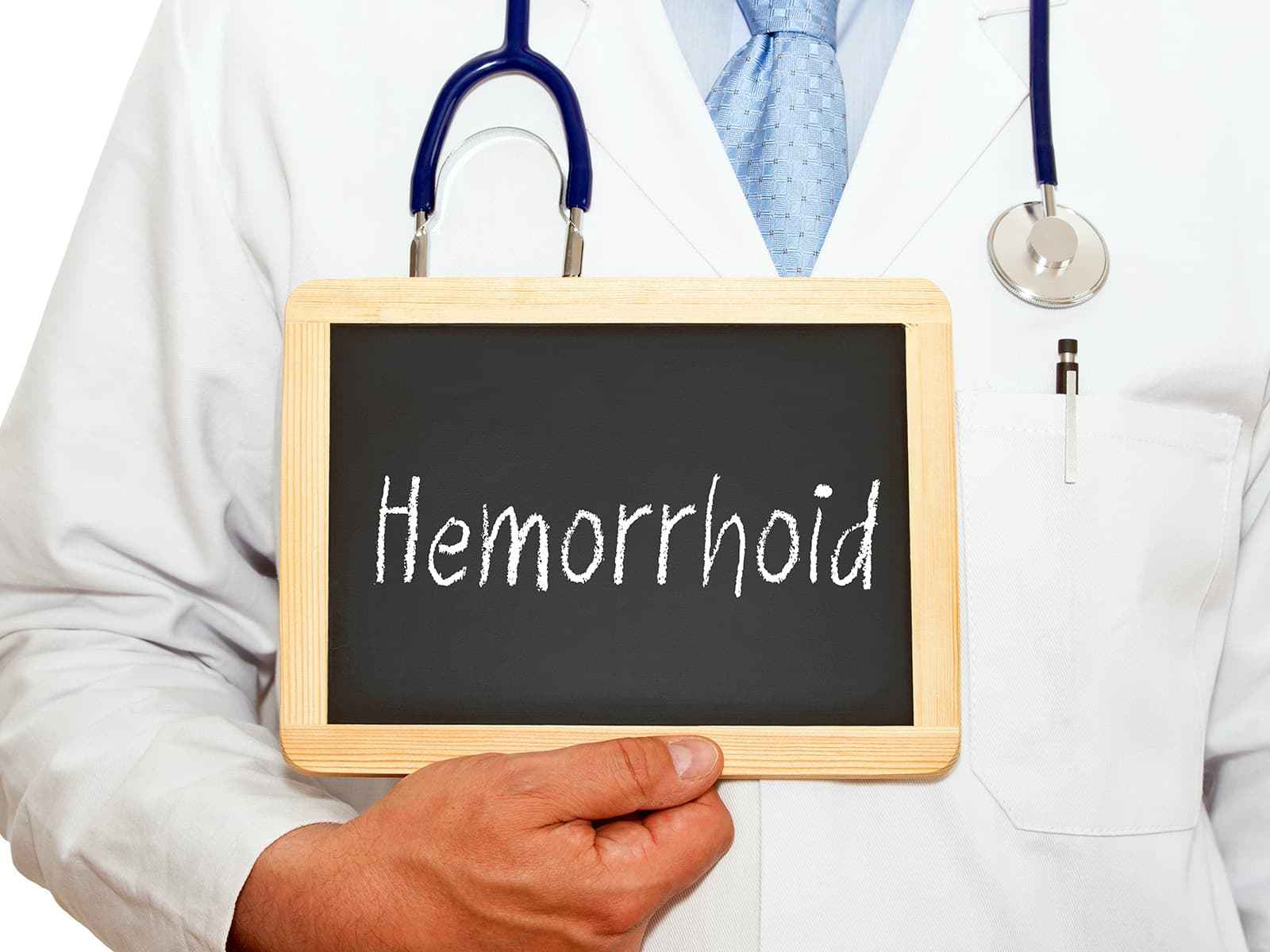
Internal swellings are sore veins that grow within the rectum. Can you physically see the outside hemorrhoids, unlike internal ones which, as we know, are not visibly detected, until you notice bright-red blood during your bowel movement or realize that something is pressing on the inner parts. In even more complicated cases, the tissue could protrude through the anus which is referred to as prolapse. Their presence and severity of symptoms can be best determined by medical exam.
Internal hemorrhoids do not involve pain but usually manifest as:
Some causes and habits of developing internal hemorrhoids constitute:
The team of gastroenterological experts will provide patients with empathic and patient-focused practice in the field of internal hemorrhoids in Houston. We set up all the plans based on your needs and visit the practice on the opportunity of accurate diagnosis and lifestyle guidelines, as well as minimum invasive in-office curative procedures. Wait no more-reserve now and embark on the road to permanent comfort and a normal digestion.
We've successfully treated more than 24K patients, helping individuals improve their digestive health and overall well-being through expert, personalized care.
With over 20 years of experience, GastroDoxs has been a trusted provider of gastroenterology care, focusing on delivering the best outcomes for patients
ICD-10 code of intraoperative hemorrhoids without prolapse is K64.0.
Yup, one is quite likely to improve or clear simple internal hemorrhages only through regulation of food, greater hydration, and rest.
The minor symptoms are normally resolved after a couple of days to two weeks with proper home care like fiber, fluids, and avoiding straining.
They do not cause constipation directly, but discomfort or the fear of pain may make you need to postpone the bowel movements and this to make constipation worse.
They can result in the constipation or the compression feeling in the rectum, itch or irritation, and reddened faeces in the seat of a toilet paper or the bottom of a bowl.
Internal hemorrhoids are located within the rectum, and are not painful, whereas external hemorrhoids are located outside the rectum, around the anus and may be painful and be swollen or itchy.
Yes, the pictures of education can be found at the net and in medical records. Request our team of specialists in Houston when visiting it.
Book an appointment in case of frequent bleeding, continuing pain, tissue prolapse (bulging), or otherwise because home remedies are not responding.
Yes, they are repeatable-primarily in the absence of the lifestyle change interventions such as high-fiber diet, endorsement of proper hydration, and exercise.
Therapy based on the severity: Dietary, lifestyle modifications suffice measures of mild cases, in-office interventions such as rubber band ligation or sclerotherapy of bigger hemorrhoids and surgery of severe, or recurrent issues.